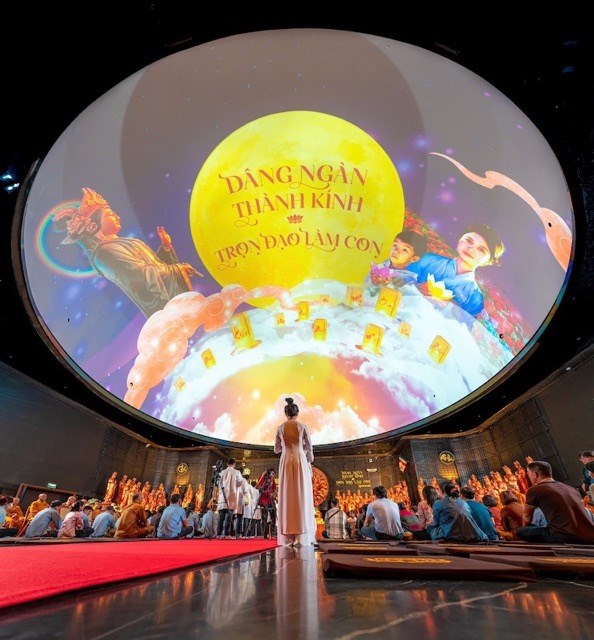
Origin and meaning of Vu Lan festival
The Dictionary of Terms and Historical Records of the Three Religions and the Dictionary of Origins state that Vu Lan or Vu Lan Bon (Urabon) is a transliteration of the Indian proverb ullambana, which is considered a misspelling of the word avalambana, meaning upside down (hanging upside down), a worship ritual performed to save the person who is hanging upside down. Besides, there is also a theory that the word Vu Lan originally comes from the original word ullambana (salvation), but both of the above theories have no clear evidence.
However, in Buddhism, the Vu Lan festival originated from the story of the great filial Bodhisattva Maudgalyayana recorded in the Vu Lan Bon Sutra, where the Buddha told his parents to repay their kindness, who saved his mother from the realm of hungry ghosts. Following the Buddha's teachings, on the fifteenth day of the seventh lunar month, the day when monks performed the Thanksgiving ceremony after three months of retreat, they offered alms of food and drink, thanks to which the Venerable's mother was saved from the suffering of hell. This story is not only a legend but also a profound lesson about filial piety, reminding every child of the gratitude of giving birth, the great upbringing of parents, and the responsibility of children towards their parents.
Vu Lan season, one of the most sacred and meaningful festivals in Vietnamese Buddhist culture, has become an indispensable part of the spiritual life of the Vietnamese people. Vu Lan festival was recorded very early in Buddhist steles of the Ly - Tran dynasties. The stele in Vien Thong Tower states: "On July 14, Ky Dau year, Hung Long 17th year (1309), the monk, following the order, attended the Vu Lan Great Vegetarian Ceremony to pray for the Buddha King Nhan Tong", "On July 7, Canh Tuat year, Hung Long 18th year (1310), the monk, following the order, attended the Vu Lan Great Vegetarian Ceremony to pray for the Buddha King Nhan Tong, and went to the pulpit to lecture on the Avatamsaka Sutra".
Every year, on the 15th day of the 7th lunar month, people from all over the world come to the pagoda to burn incense and pray for their parents, grandparents and deceased loved ones. In Vietnam, the Vu Lan festival has long been synonymous with the Hungry Ghost Festival. People believe that when offering porridge, fruits and votive paper on the 15th day of the 7th lunar month, the lonely souls who have no one to worship them will come to enjoy forgiveness and be liberated, and then do good deeds for the people. Therefore, the Trung Nguyen Festival (15th day of the 7th lunar month) every year is also known as the day of forgiveness for the dead. This is the popularization of the Vu Lan festival (Buddhism) into the day of forgiveness for the dead of Vietnamese folk beliefs.
An opportunity to connect between generations in the family
In Vietnam, family is always the foundation of society. All moral values, lifestyles, and beliefs originate from the family. In each family, generations pass on values, beliefs, culture, and customs from one generation to the next. Vu Lan Festival is one of the special occasions for these values to be clearly expressed and strongly spread.
In the sacred atmosphere of Vu Lan festival, each family holds a ceremony together, remembers their ancestors and does good deeds to accumulate merit for the deceased. This not only helps the younger generation better understand their responsibilities towards their ancestors but also creates a space for family members to bond more closely together.
In the context of modern society, despite many changes, Vu Lan festival still holds an important position in the spiritual life of Vietnamese people. This is a fulcrum to help each person find the balance between modern life and the core values of national culture. Vu Lan festival is a reminder for us to return and find the core values of life: love, gratitude and the connection between generations in the family.
In every incense stick lit, every prayer, every act of kindness, we can feel our love, connection, and responsibility towards our family and society. In addition, Vu Lan festival is an opportunity for everyone to practice gratitude, an important factor in building and maintaining social relationships. From a psychological perspective, gratitude also helps strengthen relationships between family members. When people know how to appreciate and be grateful for what they have, they will live happier and easily overcome difficulties and challenges in life.
For many families, Vu Lan is also an opportunity to perform acts of kindness, charity, and help those in difficult circumstances. These actions are also a way toeducate the younger generation about love, sharing, and social responsibility. These values, when taught and practiced in a warm family atmosphere, will become valuable lessons throughout each person's life.
Source: https://laodong.vn/van-hoa-giai-tri/vu-lan-bao-hieu-va-su-ket-noi-giua-cac-the-he-gia-dinh-viet-nam-1380697.ldo








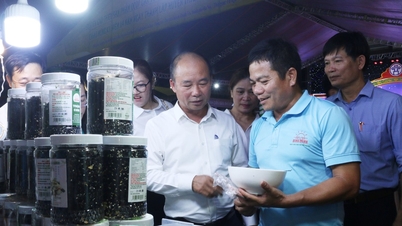

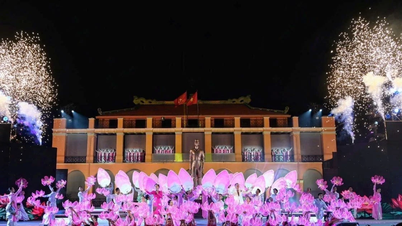


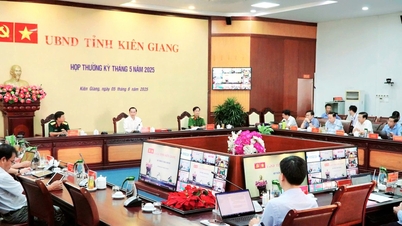
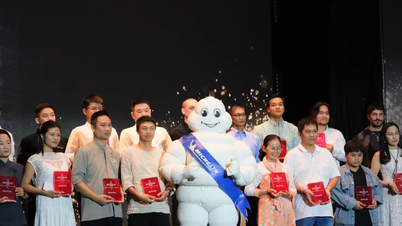

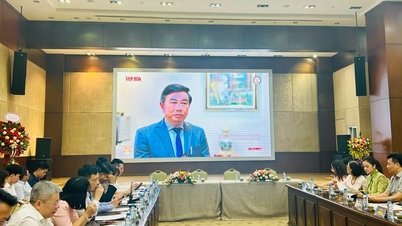







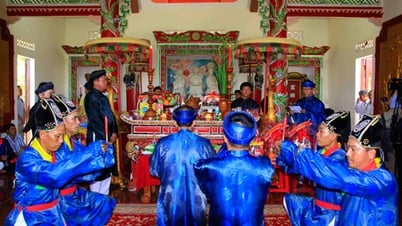











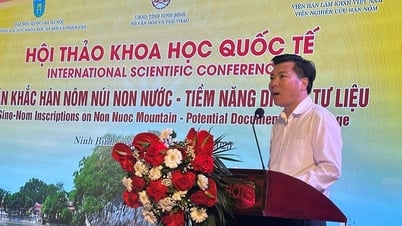






















































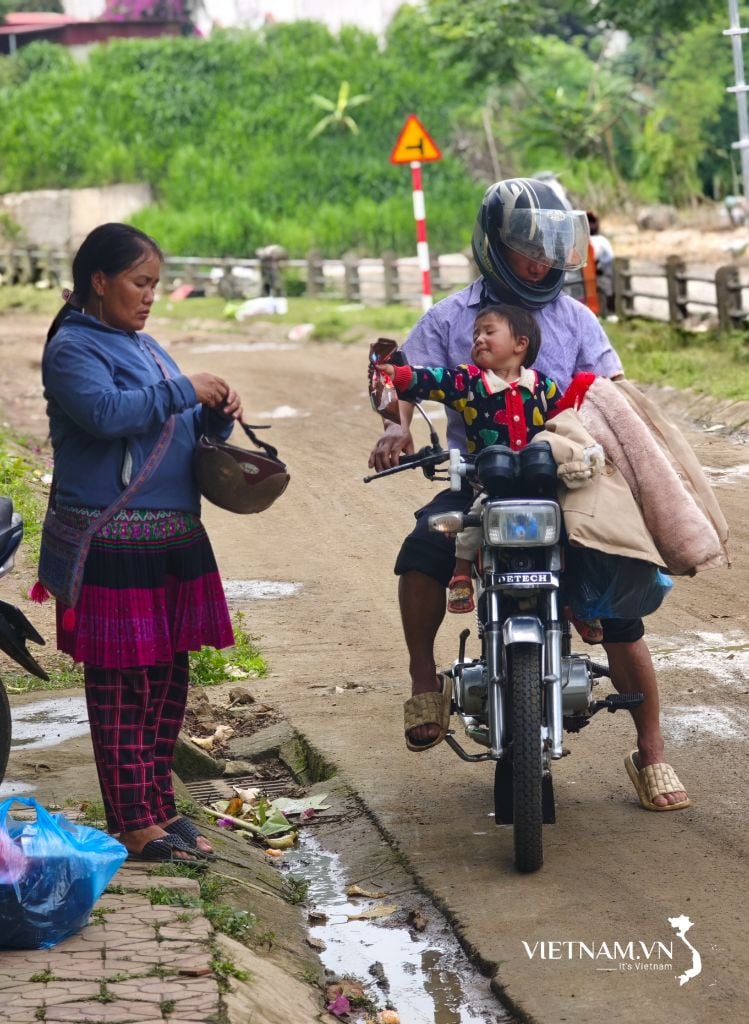

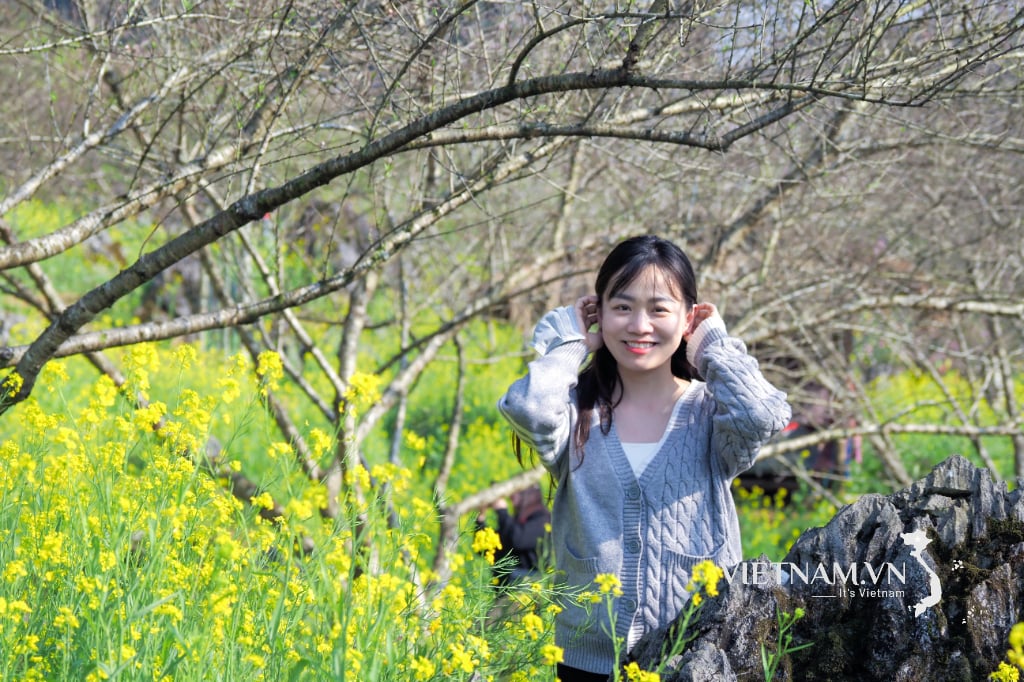
Comment (0)